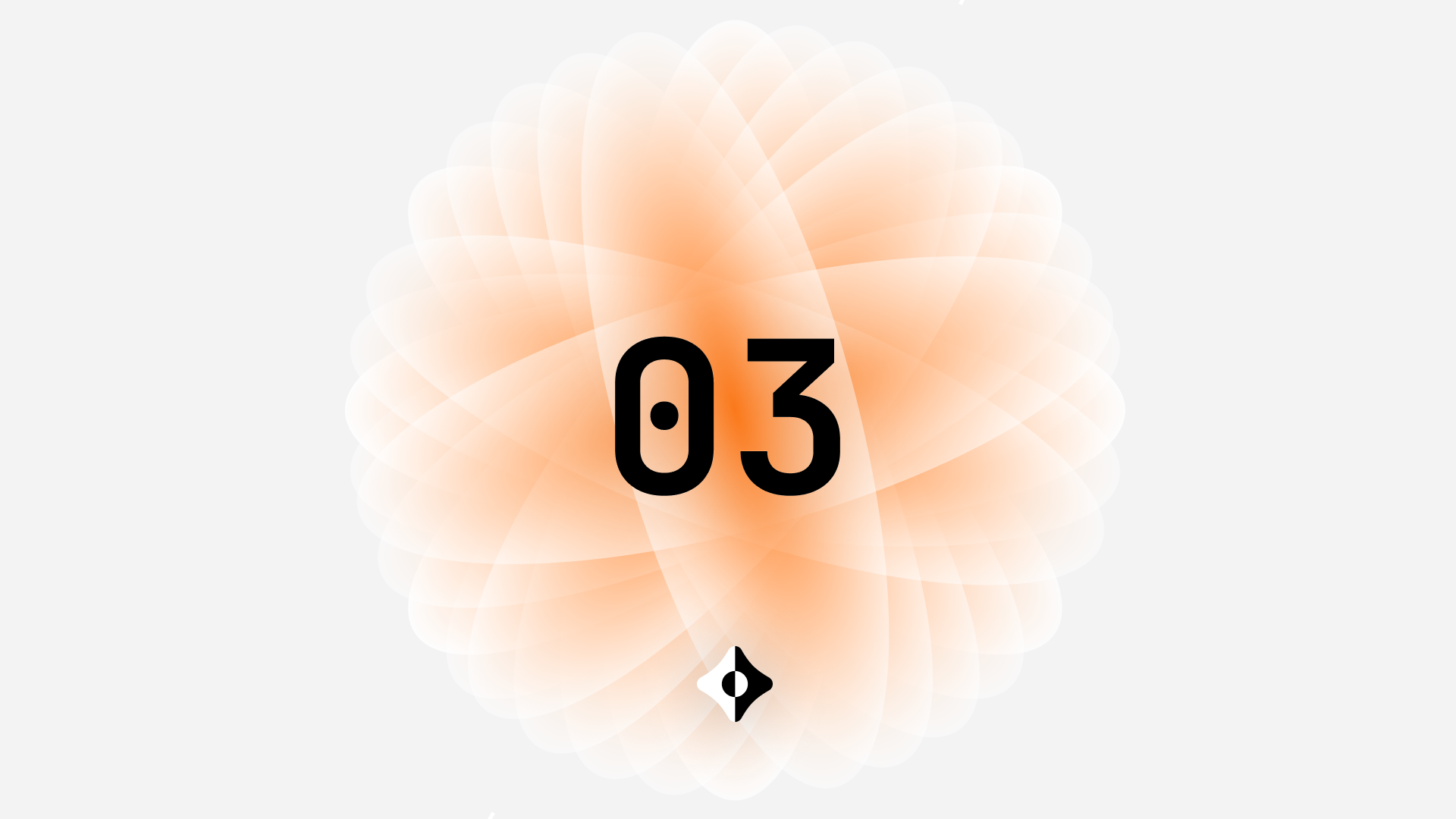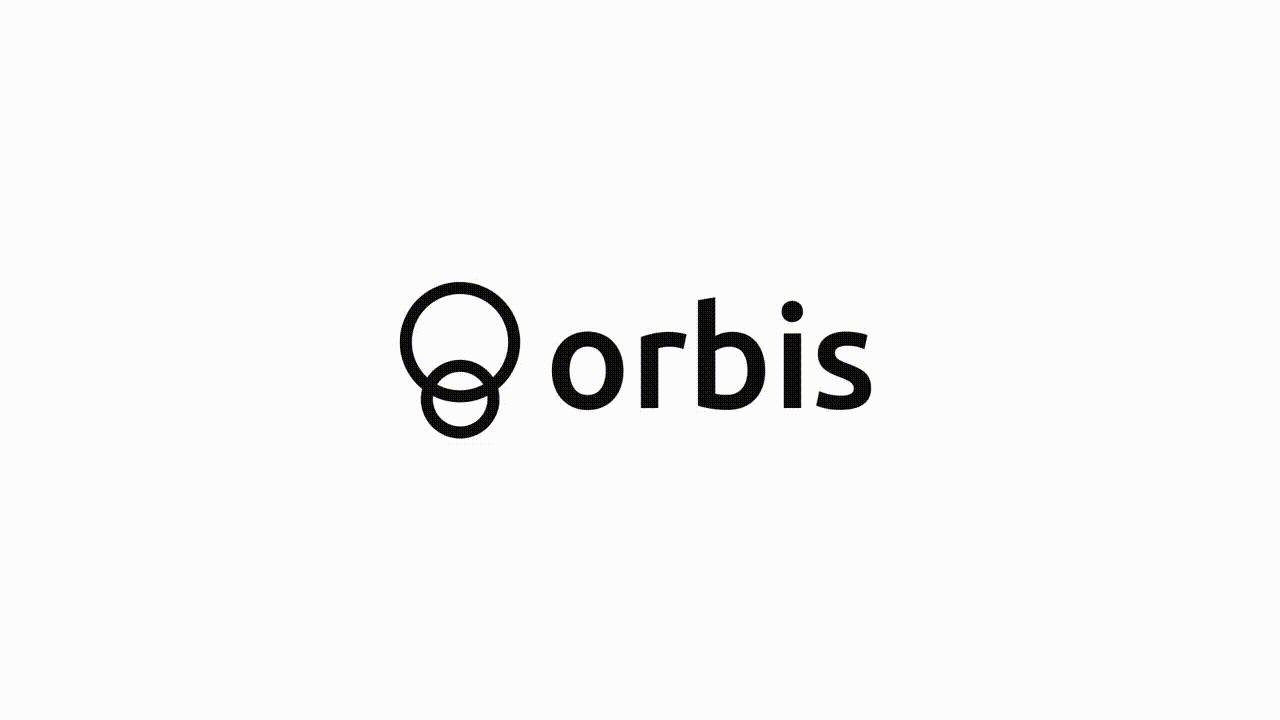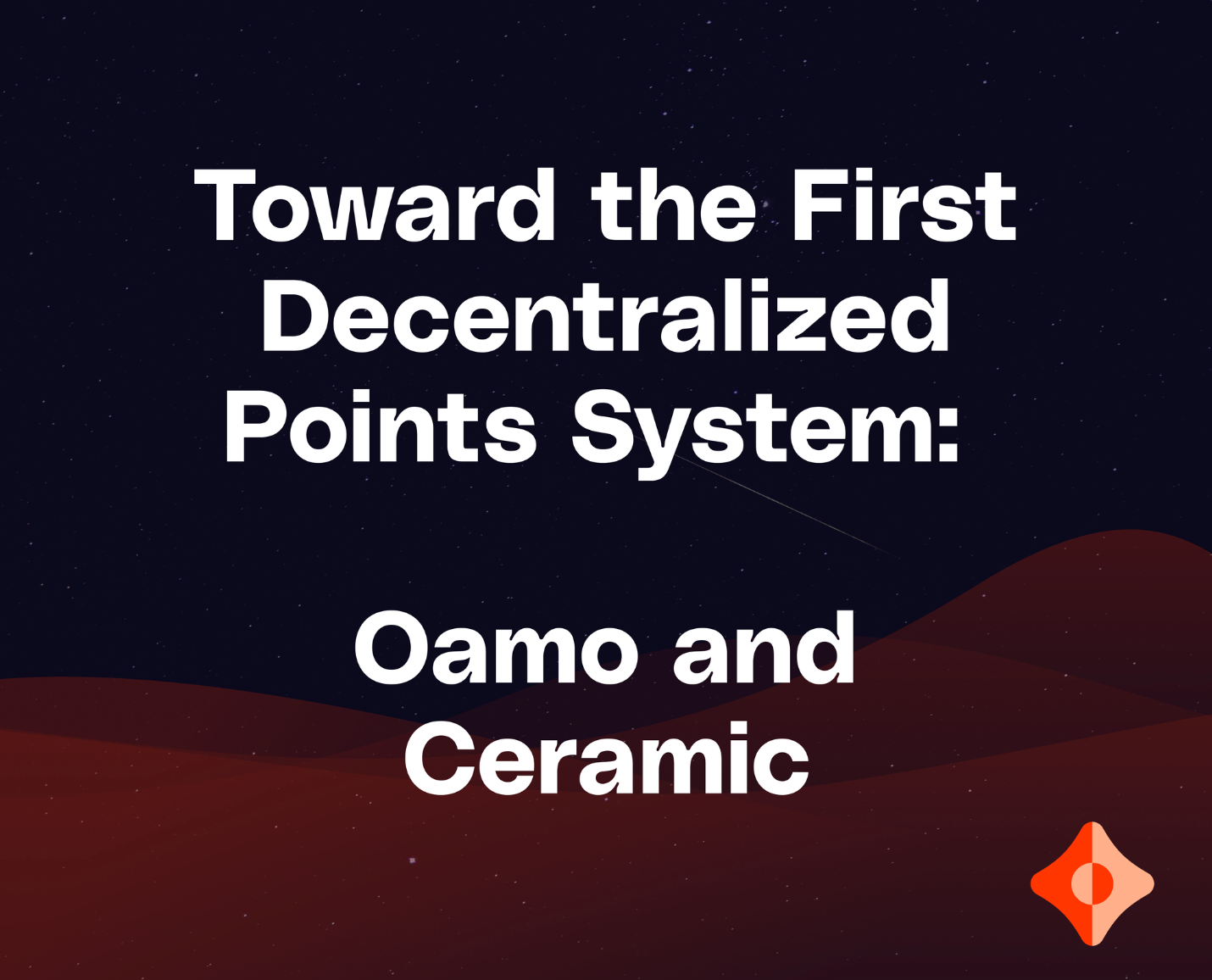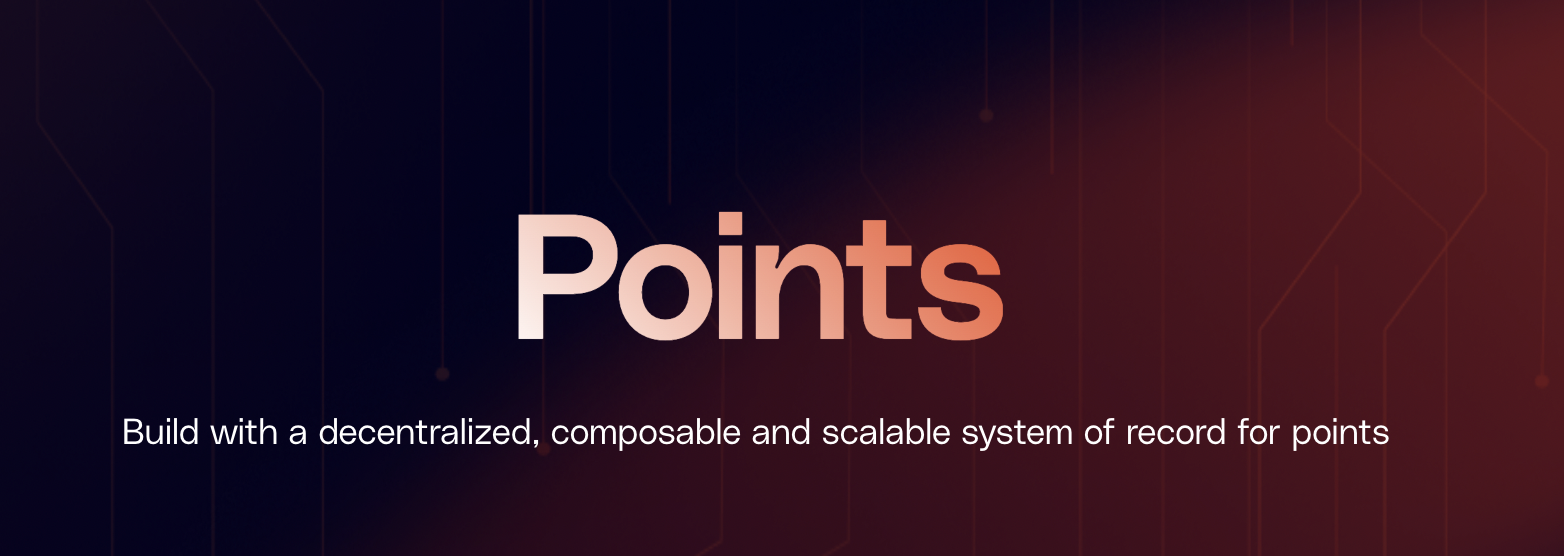Ceramic World 03

Welcome to the third edition of CeramicWorld, our monthly ecosystem newsletter. We have lots of updates to share with you all - EthDenver recap, the latest updates on the Ceramic roadmap, the OrbisDB alpha launch, and so much more. Let’s dive in!

EthDenver 2024 recap
Ceramic and Tableland co-hosted the Proof of Data Summit at ETHDenver. The event was a full-day community gathering focusing on reputation, identity, DePIN, decentralized AI, and decentralized computing.
The summit featured engaging lightning talks, technical discussions, and panels with industry leaders, sparking new ideas and collaborations in decentralized technologies. We heard from Juan Benet (Protocol Labs), MetaMask, Karma3 Labs, Fluence, Gensyn, and more, who shared their expertise and perspectives, helping us gain a deeper appreciation for the power of decentralized networks.
If you missed any of these talks, you can catch up on the conversations on our YouTube channel!

Orbis team announces OrbisDB Beta - a new database powered by Ceramic
Last month, the Orbis team kicked off EthDenver with a bang—they announced the OrbisDB beta release. OrbisDB is a new database built using Ceramic’s upcoming Data Feed API. This is a big leap in Ceramic’s ecosystem growth, as we hope to see more tools like this built on top of Ceramic.
OrbisDB offers an intuitive SQL interface to explore and query data stored on Ceramic. It also comes with an easy-to-use, no-code setup and an ORM-like SDK framework. On top of that, OrbisDB Plugins can be used to enhance OrbisDB instances and enable different actions during the stream’s lifecycle, including:
- Gating mechanisms
- Enrichment of streams
- Trigger actions post-indexing
- Creation of streams
It’s a big leap for the Ceramic ecosystem, unlocking new tools and use cases. We already have some ideas floating around using OrbisDB Plugins as game engines.

Oamo becomes the first points provider on Ceramic
Oamo has partnered with Ceramic to take the first steps towards developing and standardizing the first decentralized points system.
Having partnered with Ceramic for a long time on projects like harnessing Ceramic's innovative DID (Decentralized Identifier) infrastructure and ComposeDB for zero-party data storage, Oamo is now the first points data provider on Ceramic. Oamo will issue tens of millions of publicly available credentials based on wallets’ on-chain activity and holdings.
This partnership will supercharge the Ceramic ecosystem:
- Enhancing digital identity and engagement through credential distribution, decentralized and standardized points system, and credentials and points system SDK will make it easier for developers to build using the new points system.
- Allowing the users to claim their credentials and scorecards seamlessly
- Powering the development across multiple use cases - DeFi, NFT, Wallet Providers, Liquid Staking, Game Development, and others.

Points on Ceramic
Like many in the ecosystem, we’ve been thinking a lot about points lately. They represent a powerful way to attract, measure and reward users for activity, reputation and credentials. However, many teams still work with points tabulated and stored on centralized databases.
To unlock one of the core promises of web3, we’ve been engaging deeply in building and fostering the technical infrastructure for truly open, decentralized points storage.
- To learn more, check out our new Points landing page.
- To get a deeper sense of how we’re thinking about points, read ‘Points: How Reputation & Tokens Collide’ by our co-founder, Danny Zuckerman.
- We built our own points application on Ceramic. Get all the technical details here, thanks to our partner engineer, Mark Krasner.
A recent release of ComposeDB v0.7 introduced quite a few new features, including new SET account relation when defining models and more (check out the detailed release notes). To use this version of ComposeDB, developers will have to upgrade their Ceramic server to v5.3, as it is not compatible with earlier versions of Ceramic.
This release included a few patches that enabled upgrading ComposeDB and Ceramic server independently. Depending on which versions of Ceramic and ComposeDB you have been initially running and whether or not you have been using deterministic documents, you should consider a few upgrade considerations.
Check out this forum post for more details and instructions on how to upgrade.
Recently, we published our quarterly Ceramic roadmap update. Over the past few months, the core Ceramic team has been making strides in improving the Ceramic server performance, shipping ComposeDB features like SET account relation, and, most importantly, taking big steps towards enabling developers to create custom indexes by announcing the Data Feed API alpha release.
Check out the detailed roadmap overview here.
Recently, we have added a new account relation to ComposeDB - SET account relation. It complements the
SINGLE and LIST account relations by creating a new type of relation that must be unique per combination of user account (DID) and instance of a model. With SET account relation you can now implement features like "post likes" meaning that each user can "like" a post only once.Check out the documentation and start building using the SET account relation.
Ceramic Community Content
CAIPCIP-146 AfterTRENDINGToward the first decentralized points system: Oamo becomes the first points provider on CeramicDISCUSSIONOrbis plugins as gaming engines; Ceramic x OrbisDBWORKSHOPIntro to ComposeDB on Ceramic; Ceramic at LearnWeb3 Decentralized Intelligence HackathonTUTORIALBuilding points on Ceramic - an Example and Learnings by Mark KrasnerBLOGPOSTPoints: How Reputation & Tokens Collide by Danny Zuckerman
Contact Us
Want to get in touch with the Ceramic core team? Fill out this form (1m). Otherwise, drop us a note in the Forum.

